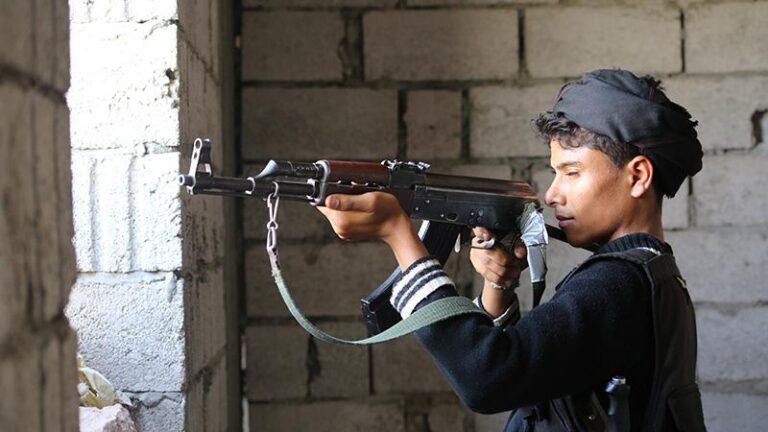Understanding the Context
The conflict in Kosovo, which lasted from 1998 to 1999, had devastating effects on its population, particularly vulnerable groups like children. Many children were drawn into the conflict, becoming victims of violence and exploitation. The aftermath of the war has left scars that linger to this day, affecting the nation’s youth and their futures.
The Recruitment of Child Soldiers
During the conflict, various armed groups resorted to recruiting child soldiers, some as young as 12 years old. These children, often fleeing from their homes, were coerced or persuaded to join militias. A combination of social, economic, and psychological factors made it more likely for children to be targeted during recruitment drives.
The Impact of War on Children
Children forced into armed groups were subjected to extreme hardships, including violence, loss of family, and involvement in combat. The psychological turmoil experienced by these children can last a lifetime. Many have faced difficulties reintegrating into society, struggling with trauma and stigmatization.
International Response and Support
In response to the issue of child soldiers in Kosovo, various international organizations have stepped in to provide aid and support. Programs aimed at rehabilitation attempt to reintegrate former child soldiers into their communities. You can read more about these efforts and the challenges that remain by visiting this link.
Moving Forward
Addressing the legacy of child soldiers in Kosovo requires ongoing commitment from both local and international actors. Efforts to educate communities and prevent future recruitment of child soldiers are essential. By fostering a culture that prioritizes the well-being of children, Kosovo can work towards healing and rebuilding a brighter future for its youth.

